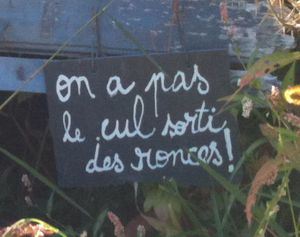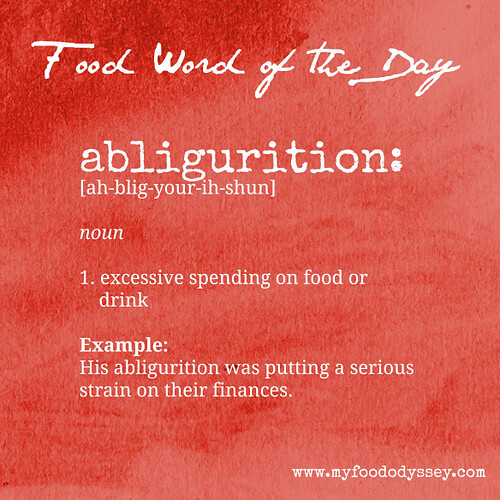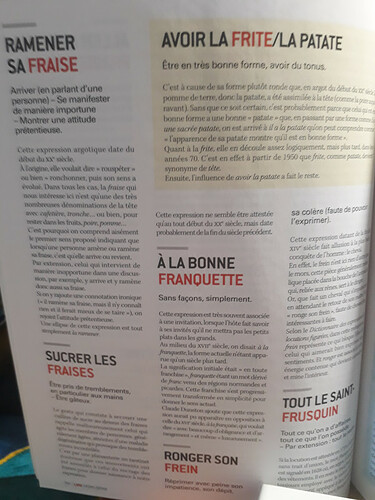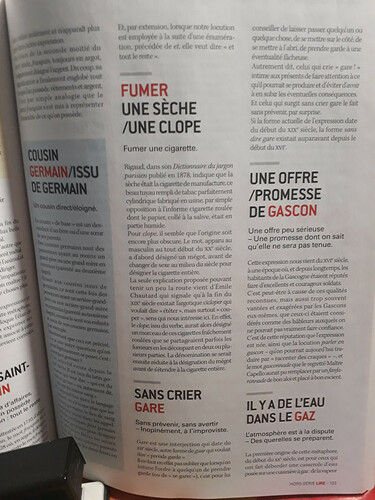Well, paint me green and call me a pickle.
Have been entertaining folks from the UK recently, with my oft-used (I had no idea how often I’d been using it, actually) expression: getting my ‘ducks in a row’. It caused some chuckles and now has become an informal toast. So, rather than saying ‘Cheers’ or ‘Mud in your eye’, we say ‘Ducks in a Row’. 
My favourite expression of the moment is: “seriously?”
Not a phrase but I quite like “abliguration” at the mo = to spend spending lavish amounts of money on (fine) food and drinks. Perfect timing then to celebrate the end of the lockdown here in England! I quite enjoy using that one at the Waitrose tills! (only joshing).
I quite liked “I didn’t float up the Lagan on a bubble (son)!” from Ted Hastings/Adrian Dunbar in S5 of LoD.
In French, “Ne pas avoir le cul/fion/ionf etc. sorti des ronces” (literally: not to have one’s arse out of the brambles), which is a colloquial version of “ne pas être sorti de l’auberge” = not (to) be out of the woods. It’s been in (moderate) use in the last 30-odd years but has been enjoying a welcome revival of late.

Another variant is: “Se sortir le cul des ronces” = to bust a gut (in order to get out of a bind/tight spot). Eg this sentence taken from a football report published in the daily La Nouvelle République about the players of the local football team Tours FC needing to get their arses into gear to avoid relegation or somesuch!
The excellent magazine Lire released an Hors Série a year ago titled 1,001 expressions préférées des Français, with the origins, a clear explanation and synonyms for each set phrase selected. I strongly recommend it.
You can order it directly from their site:
I’ve just taken those pics of pages 102 & 103 to show you:
I didn’t float up the Lagan in a bubble, of course.
‘Que nenni’ et ‘ça/il commence à me courir sur l’haricot’. Both from medieval French but much loved and used in our area.



